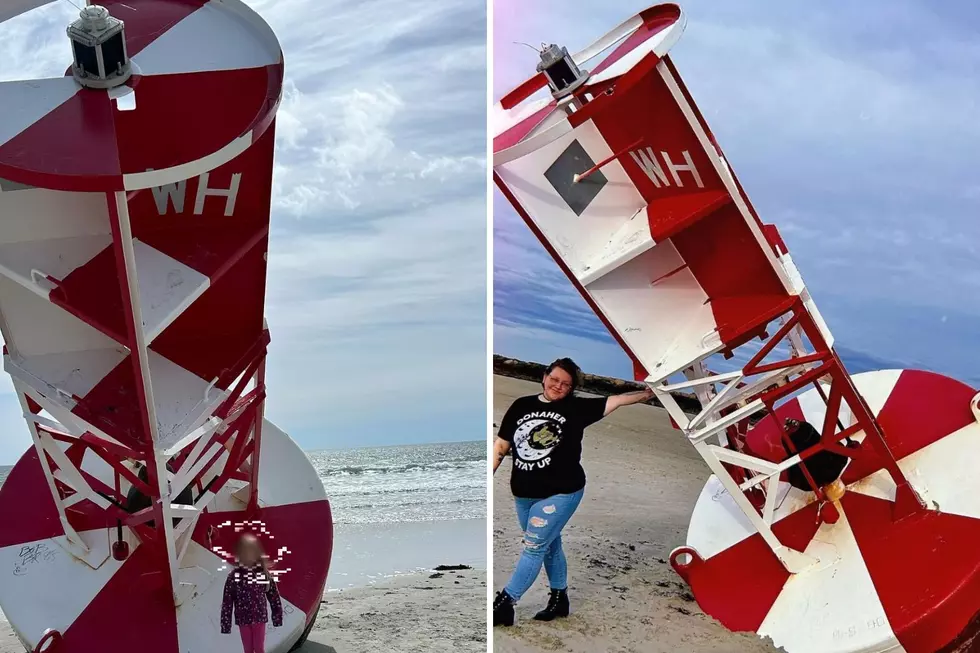
What is Maine’s New Law About Clearing Snow From Cars, SUVs?
❄️ Car & SUV drivers in Maine must take "reasonable measures" to clean their vehicle
❄️ They have until 48 hours after a storm ends
❄️ NH's "Jessica's Law" also requires snow and ice be removed
After shoveling out your driveway or parking space, remember to clear off your car completely of all snow. It's the law in New Hampshire, and now in Maine too.
Maine Governor Janet Mills signed a law in May requiring the operator of a vehicle weighing under 10,000 pounds to take "reasonable measures to prevent snow or ice on the vehicle from falling off the vehicle while it is being operated on a public way."
Most cars and SUVs weigh well under 10,000 pounds.
"A person may not operate on a public way a vehicle with a load that is not fastened, secured, confined or loaded to reasonably prevent a portion from falling off," according to the law. The definition of load "includes, but is not limited to, firewood, pulpwood, logs, bolts, snow, ice or other material, but does not include loose hay, pea vines, straw, grain or cornstalks."
A first offender could be fined up to $50 and between $150 and $250 for subsequent violations. Drivers have 48 hours from the end of a snow event to get the snow off their vehicle.
The law does not cover large trucks that often have accumulated snow and ice blowing off their trailers. Maine Motor Transport Association Tim Doyle testified at a hearing about the bill that while his group supports highway safety and understands the intent of the law, it can be difficult to clear trucks and trailers.
The law in New Hampshire since 2001
New Hampshire's Jessica's Law has been on the books since 2001 after a sheet of ice flew off a tractor trailer and into another truck, causing a head-on collision with a car driven by Jessica Smith, 20, according to research by the John W. King New Hampshire Law Library. Smith died in the crash.
Officially known as 265:79-b Negligent Driving, the law legally requires all snow and ice to be removed from vehicles before driving. First-time offenders face a fine of between $250 and $500, while second offenses can mean a fine of $500 to $1,000.
What About Massachusetts?
Massachusetts does not have any laws regarding the removal of snow and ice from a vehicle. Police will often issue tickets citing an "unsecured load", which carries a $200 fine.
Contact reporter Dan Alexander at Dan.Alexander@townsquaremedia.com or via X (Twitter) @DanAlexanderNH
20 New England Restaurants That Deserve to Be on Food Network
Gallery Credit: Megan




